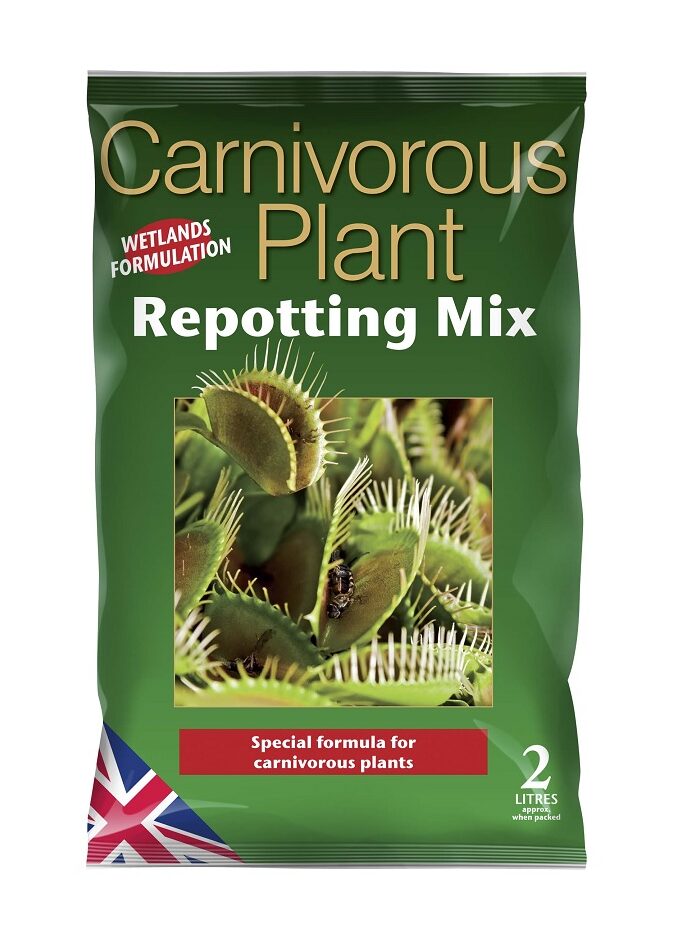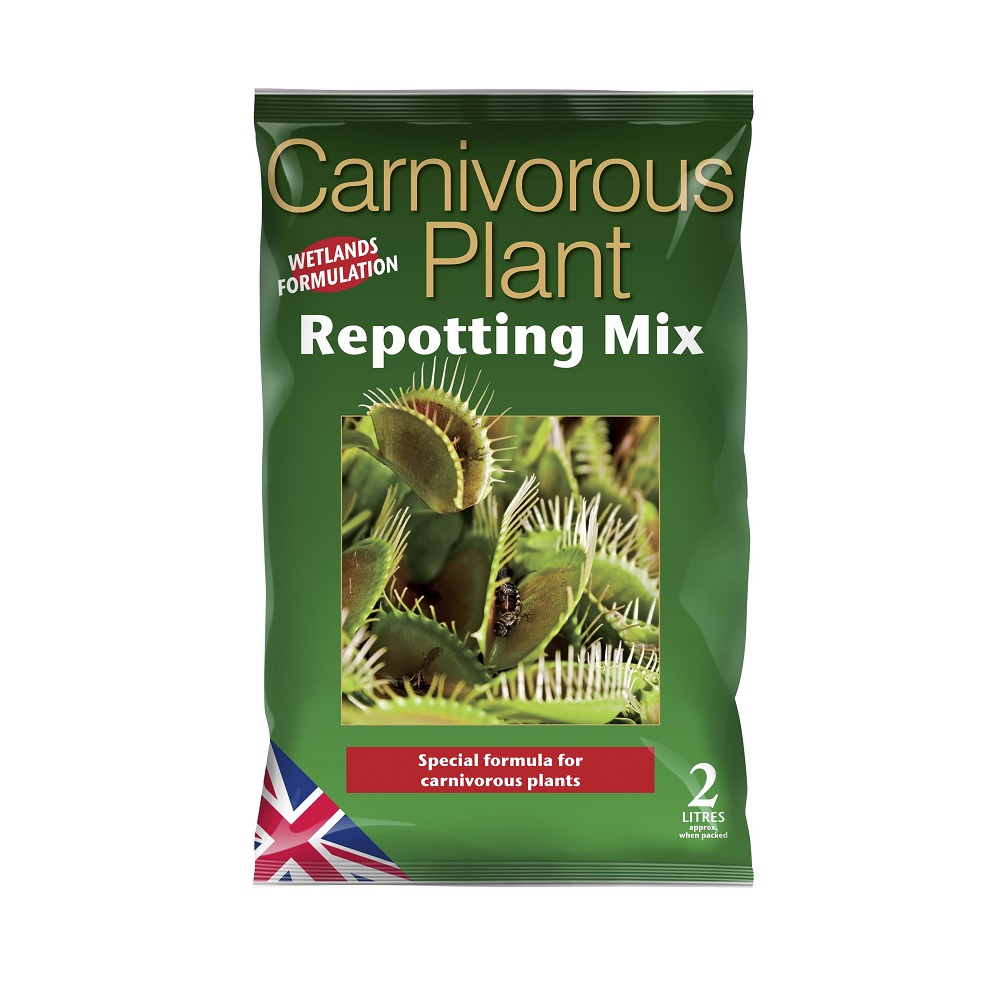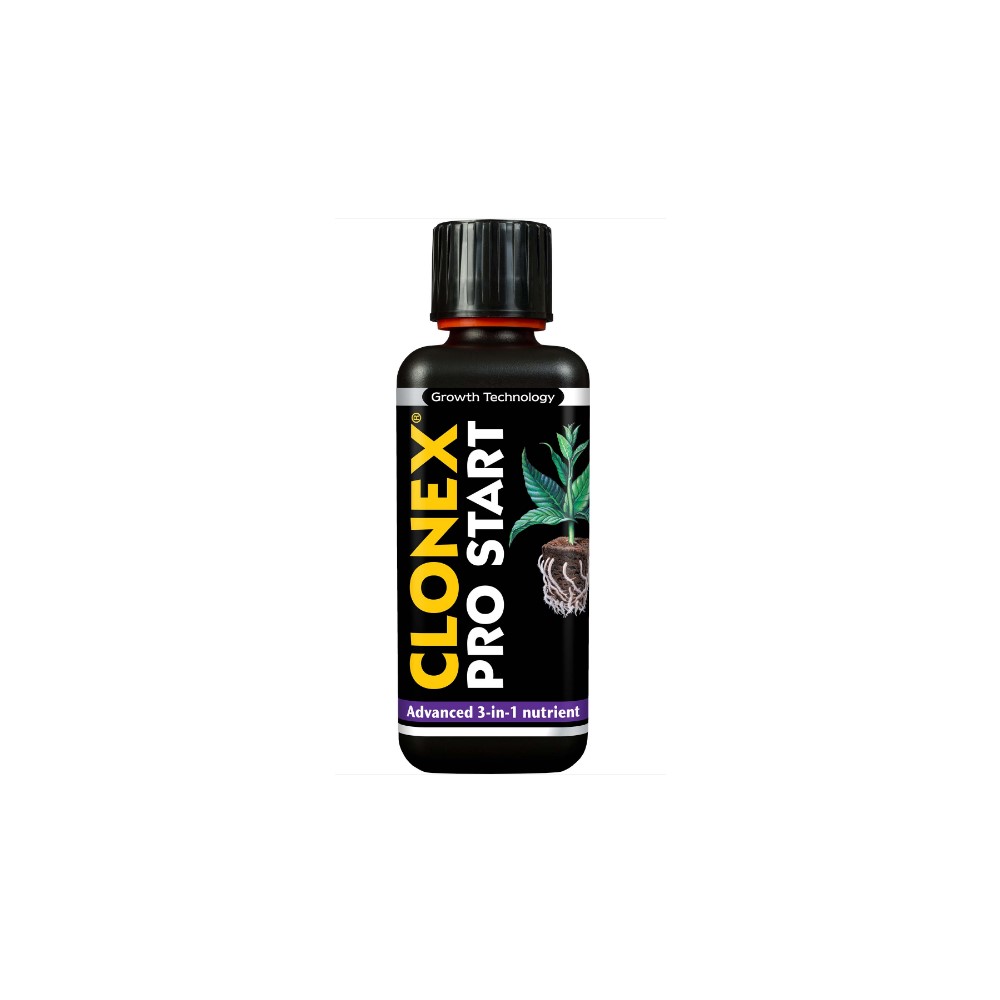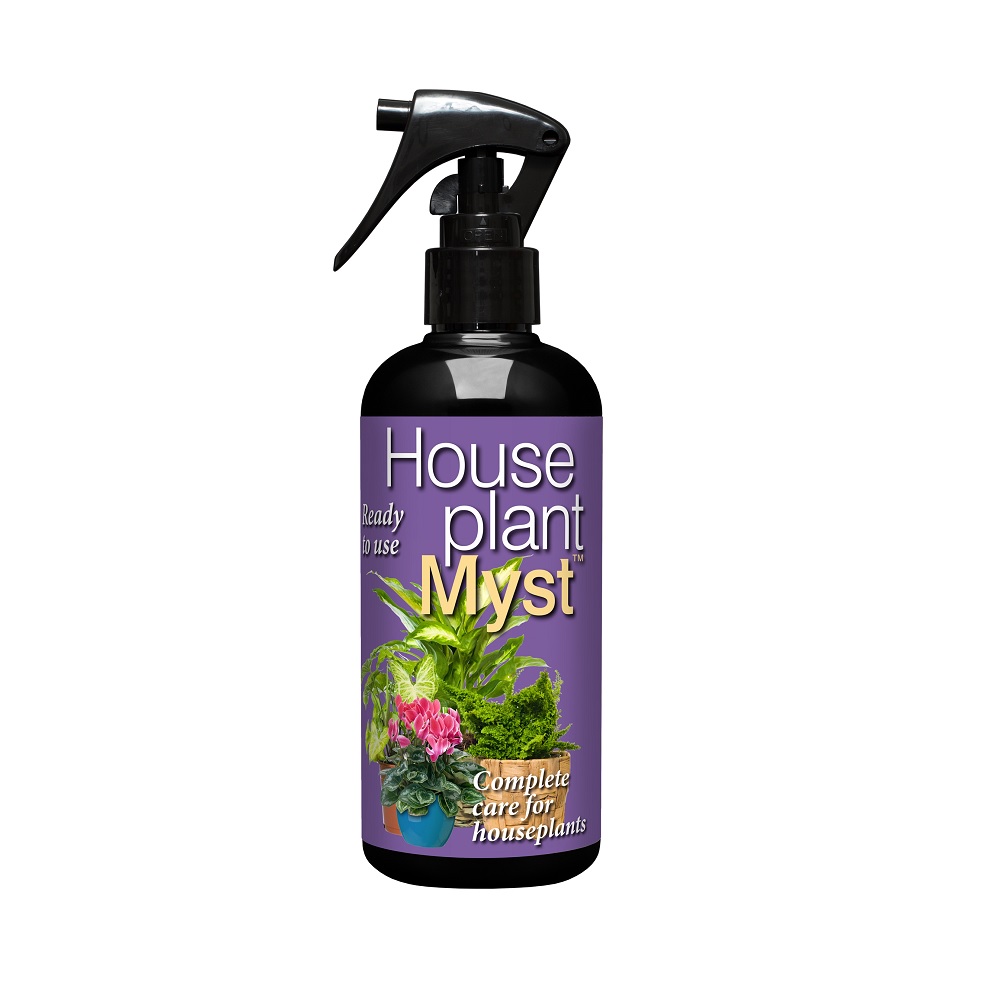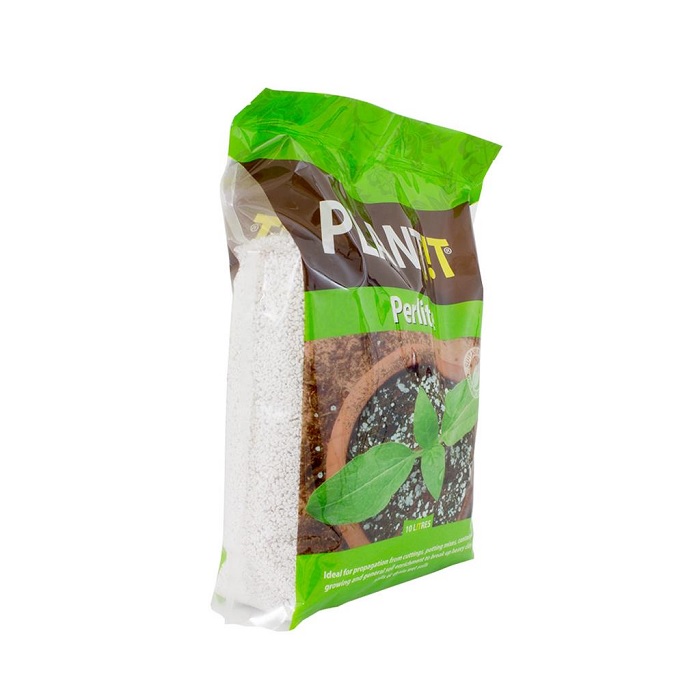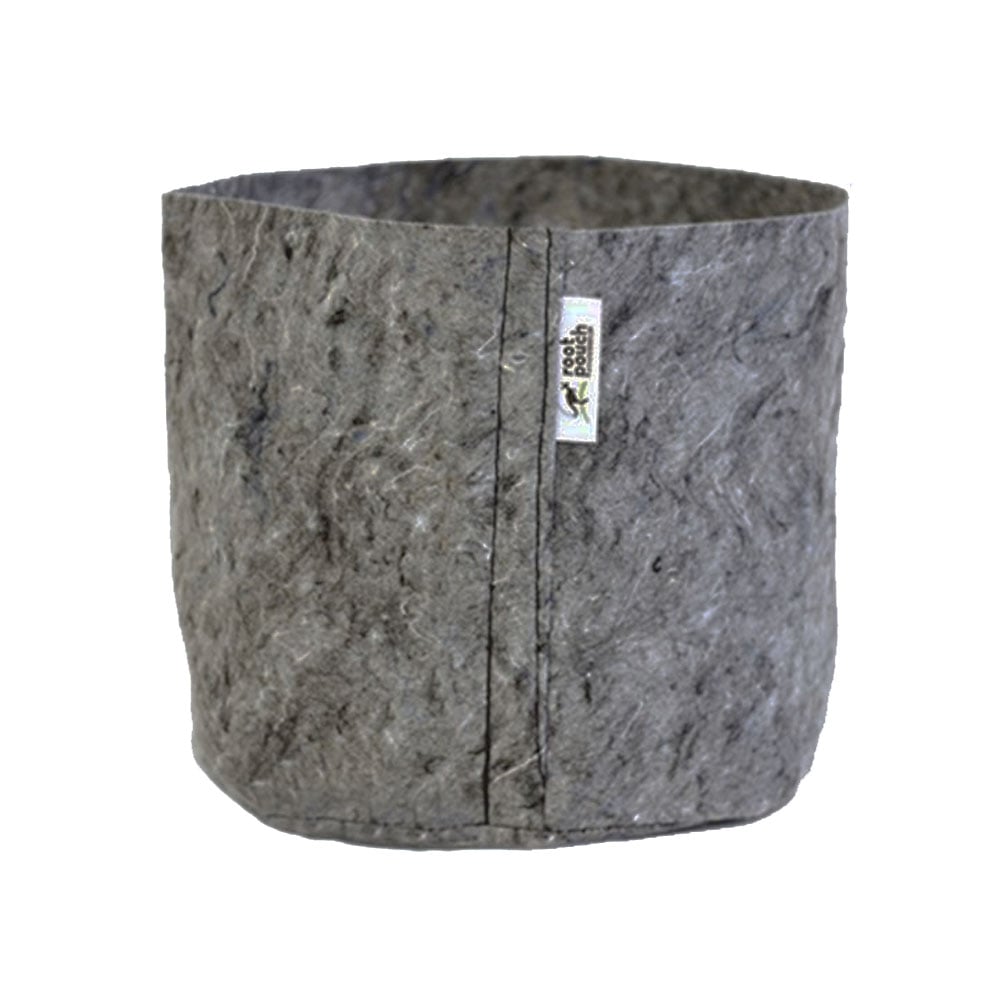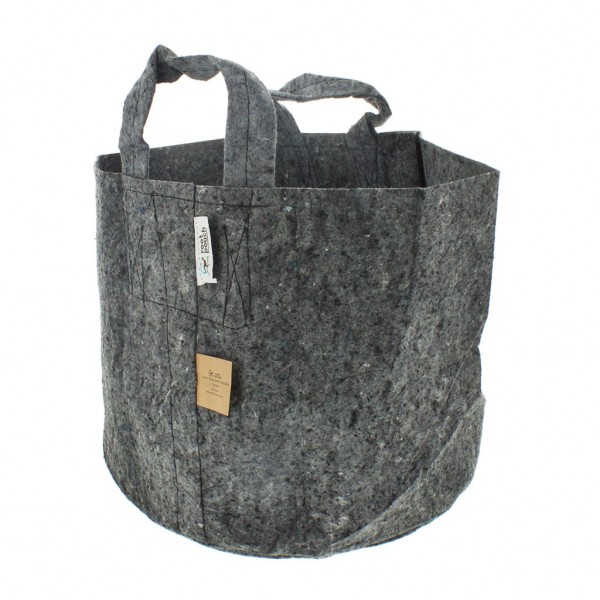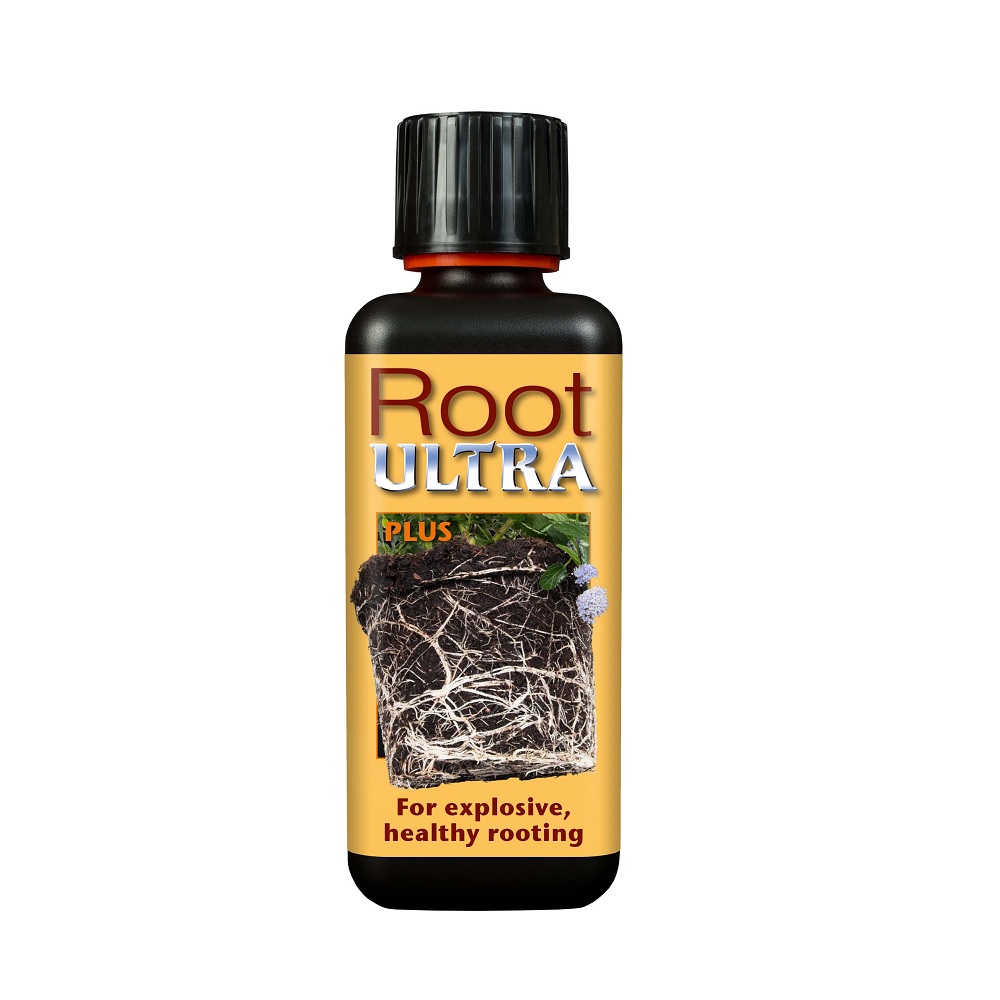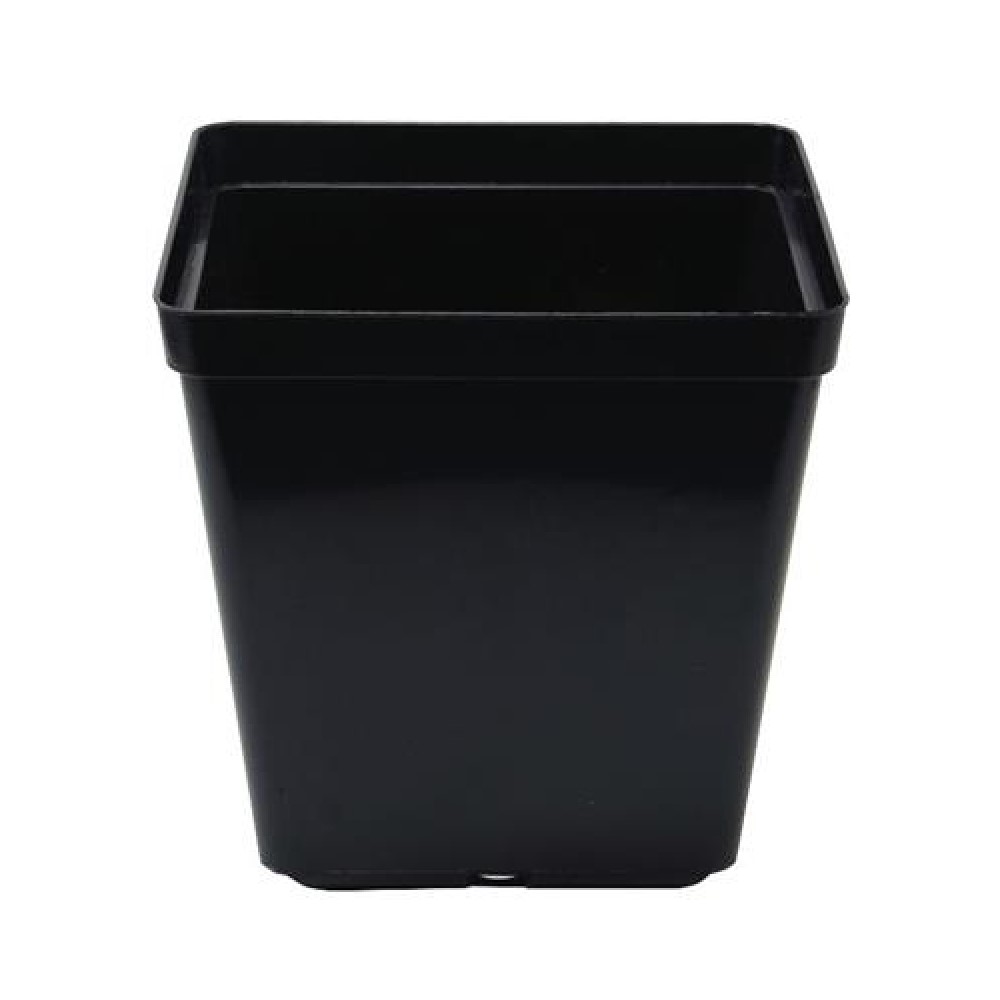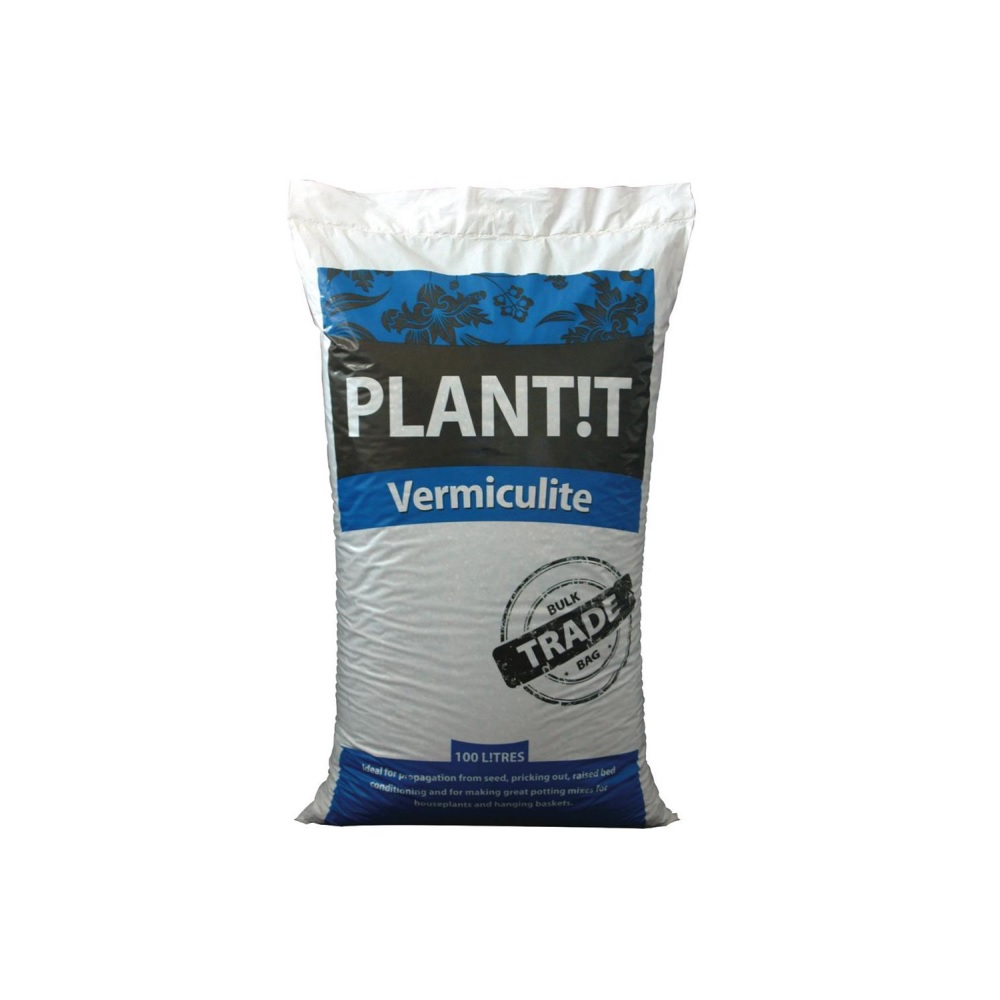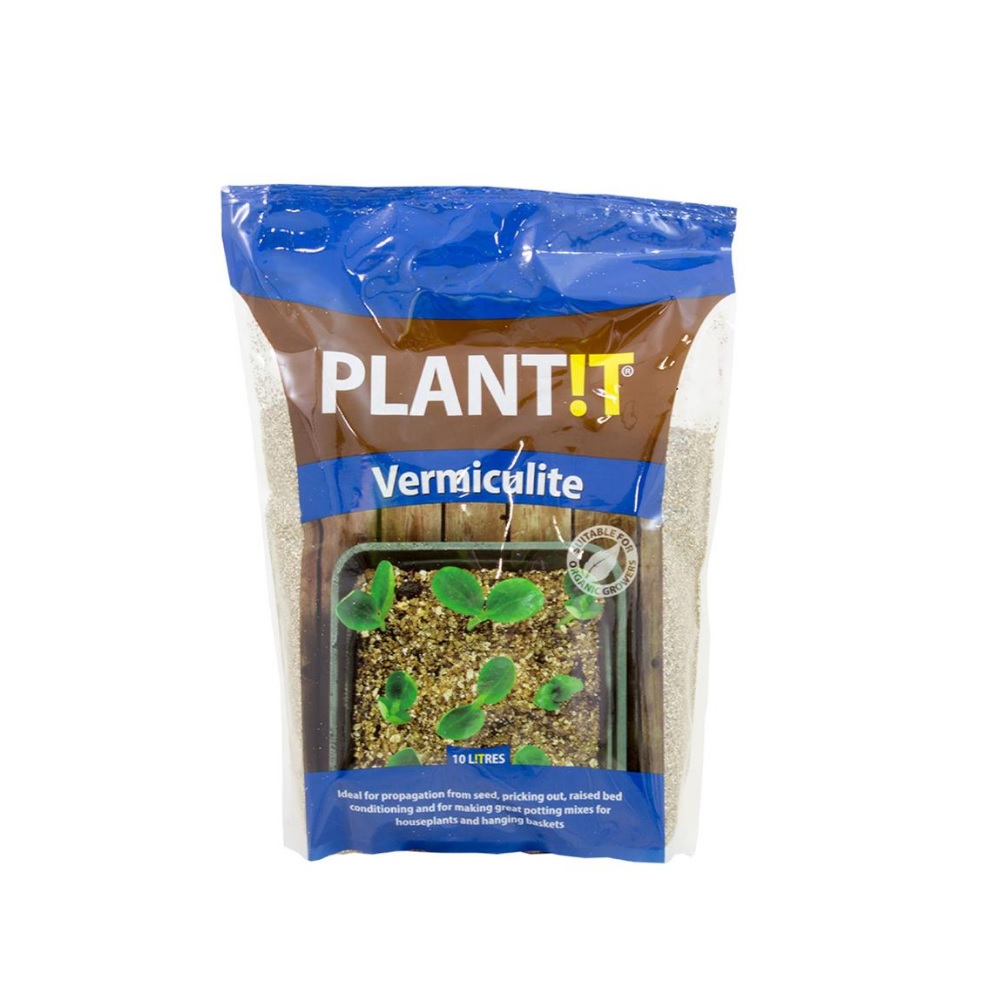Our Guide to Carnivorous Plants
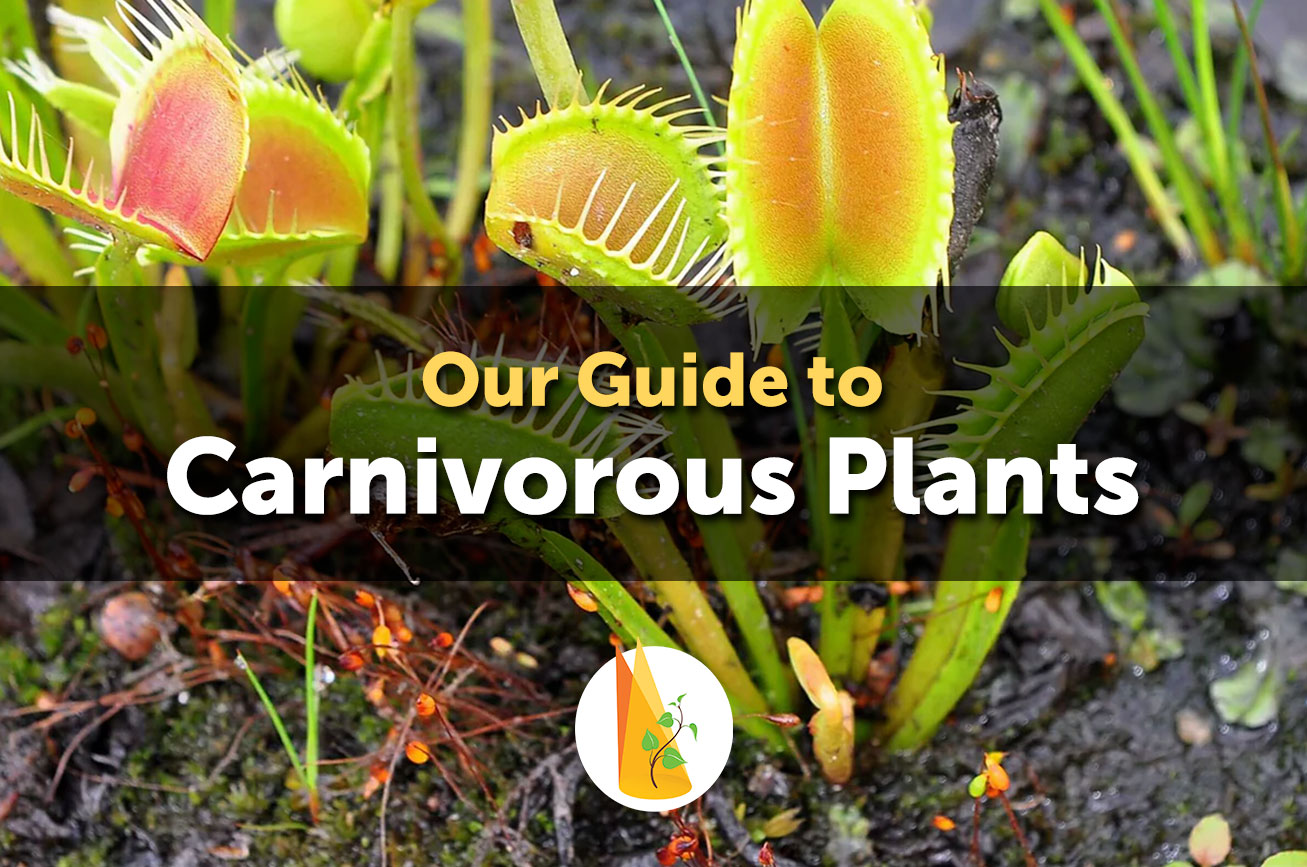
What is a Carnivorous Plant?
Carnivorous plants are a special group of plants that trap, kill, and digest animals—mostly insects—to get nutrients.
Unlike regular plants that rely only on soil, water, and sunlight, these plants have evolved to survive in poor soil conditions where essential nutrients like nitrogen and phosphorus are scarce.
Their unique adaptations allow them to extract nutrients from their prey to grow and thrive.
Here are some of the most well-known species of carnivorous plants:
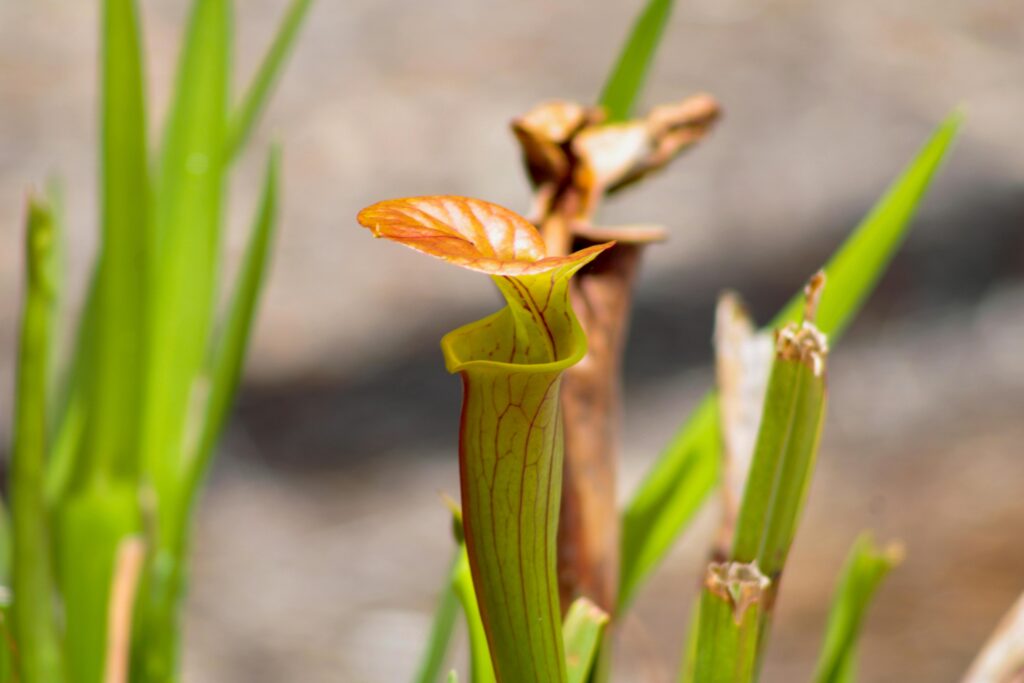
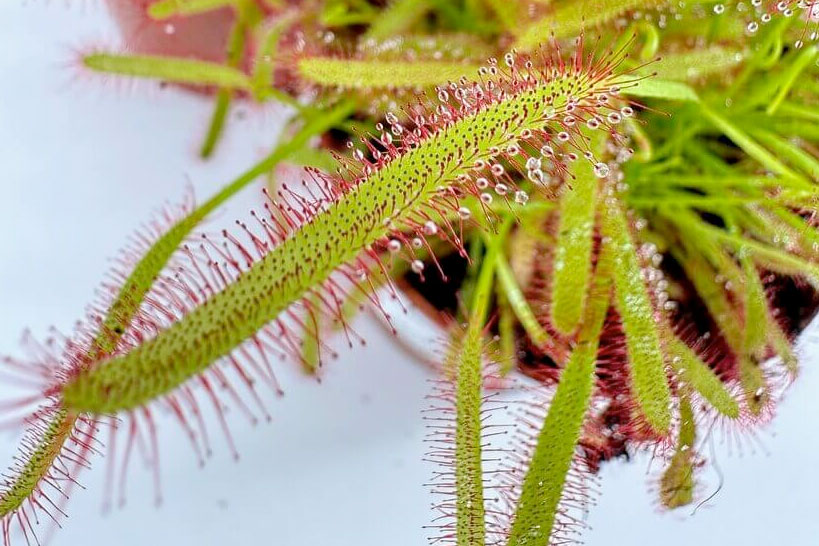
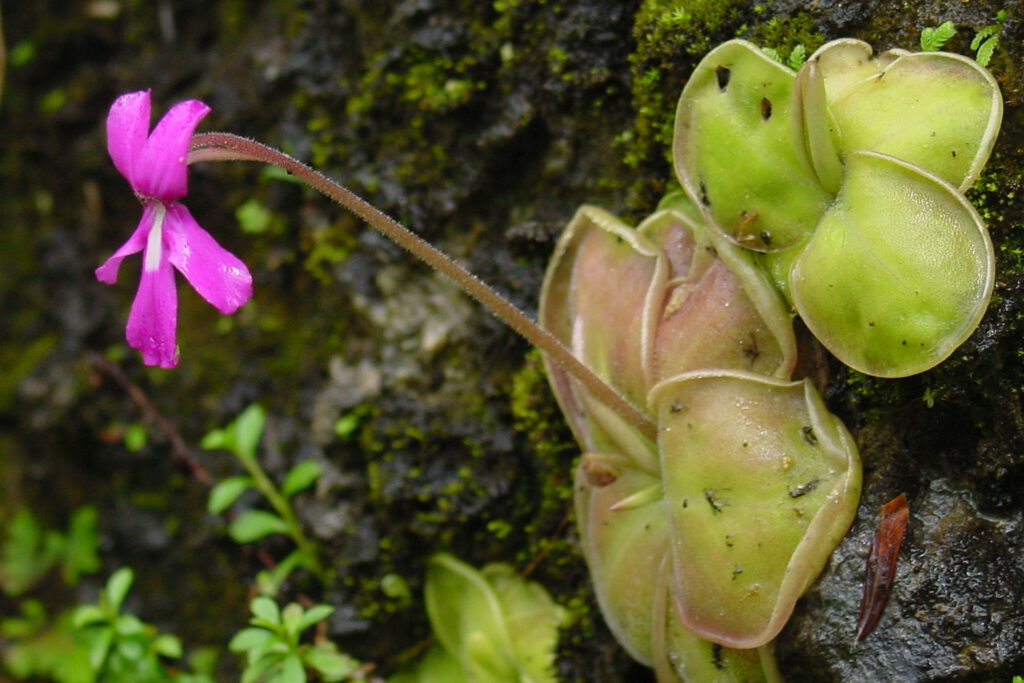
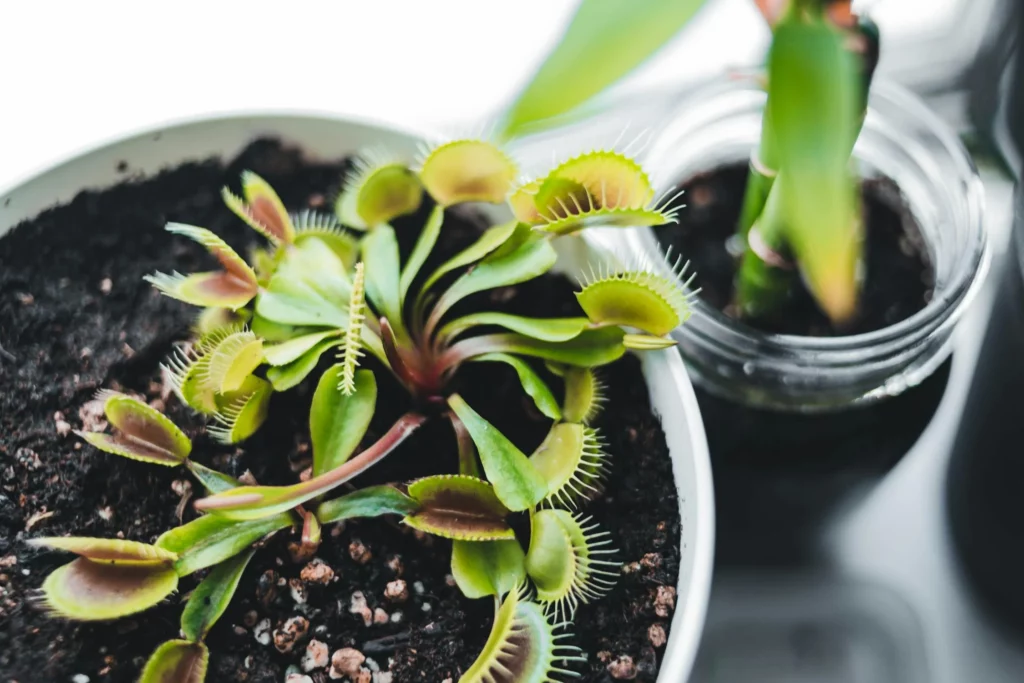
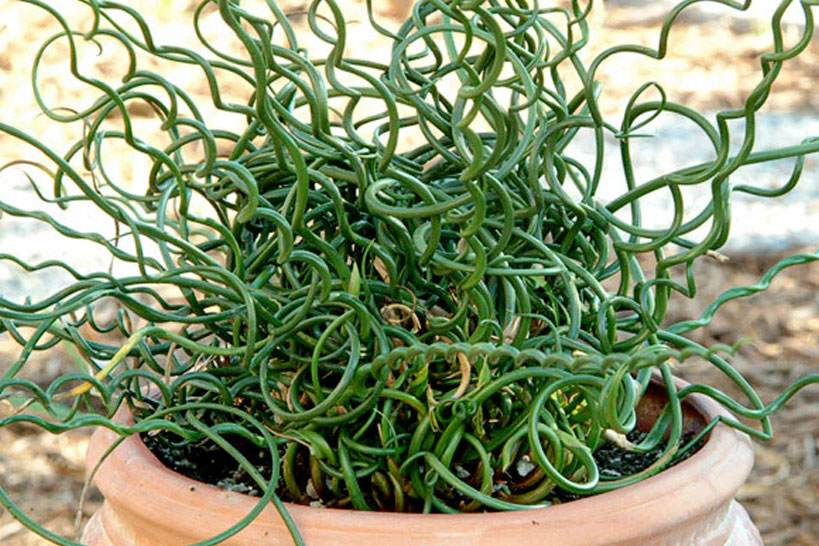
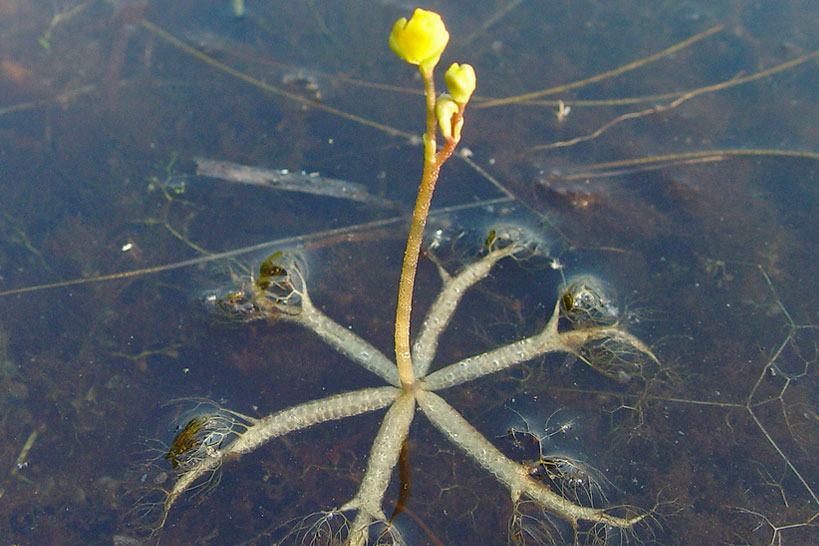
How do Carnivorous Plants Catch Prey?
Carnivorous plants have developed different trapping mechanisms to capture their food. The most common types include:
Pitfall Traps (Passive Traps)
- Pitcher plants have deep, tube-shaped leaves filled with digestive fluids.
- Insects are lured in by their nectar and bright colours but slip on the slick surface and fall into the liquid.
- Once trapped, the insect drowns, and the plant breaks it down to absorb nutrients.
Flypaper Traps (Sticky Traps)
- Sundews and butterworts produce a sticky, glue-like substance on their leaves.
- When an insect lands, it gets stuck, and the plant slowly digests it using enzymes.
Snap Traps (Active Traps)
- Venus flytraps have hinged leaves with tiny hair-like sensors.
- When an insect touches these hairs twice, the trap snaps shut in less than a second.
- The plant then releases digestive juices to break down its prey.
Bladder Traps (Suction Traps)
- Bladderworts live in water and have small, vacuum-like bladders.
- When tiny creatures swim nearby, the trapdoor opens, and the prey is sucked inside in milliseconds.
Lobster-pot Traps (Guiding Traps)
- Corkscrew plants have maze-like tunnels that guide prey deeper inside.
- Once inside, the prey cannot escape and is slowly digested.
Pitcher Plants in the Wild from our Travels
Here are some photos we took ourselves of carnivorous Pitcher Plants in the wild in Sabah, Malysia…
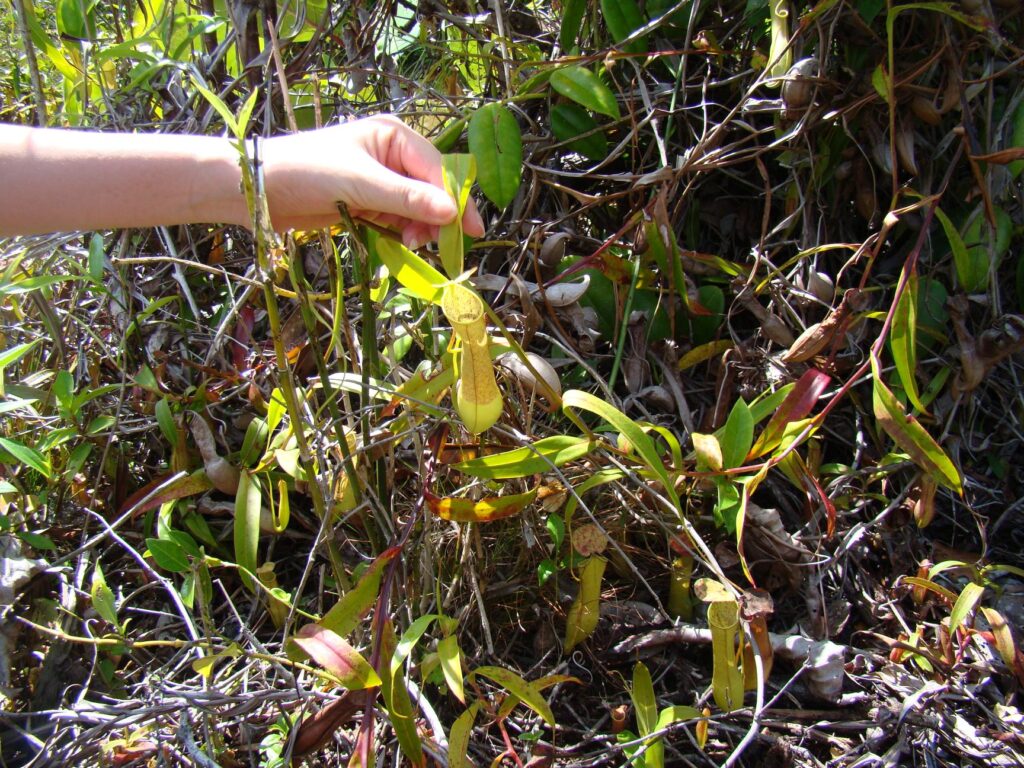
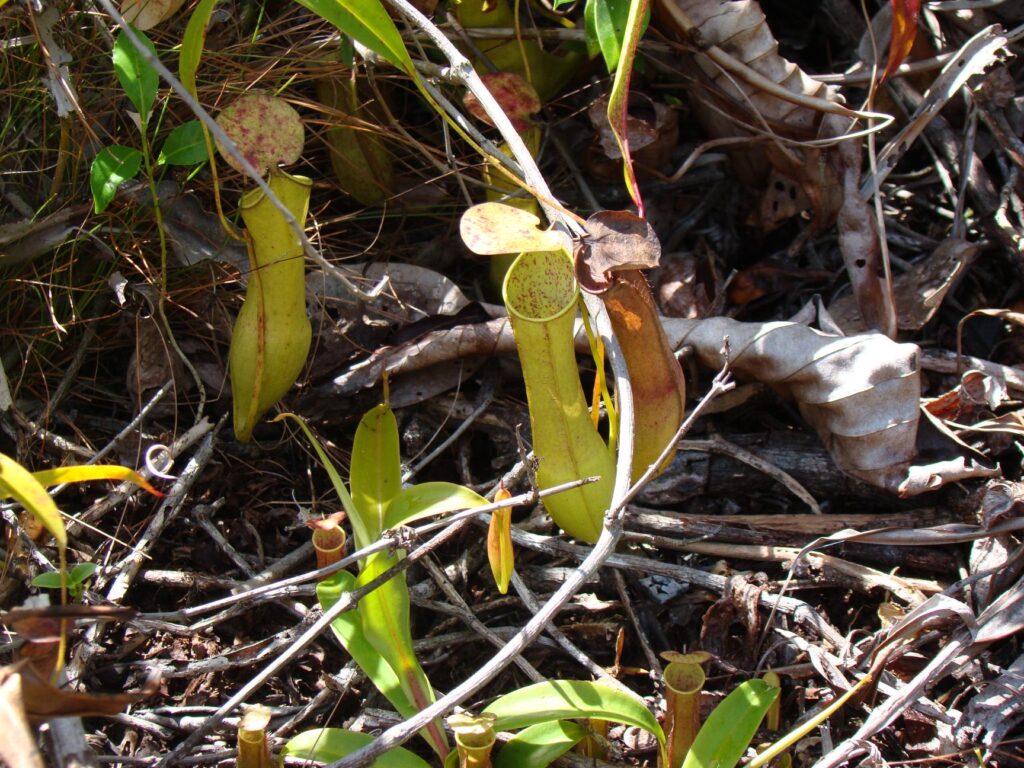
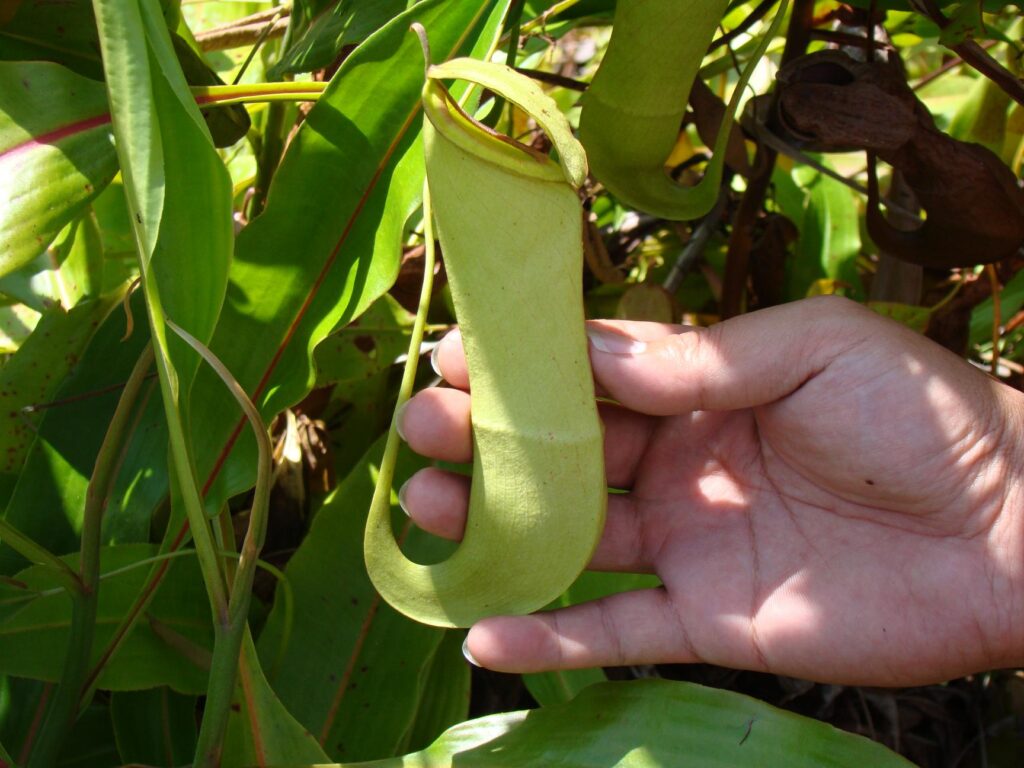
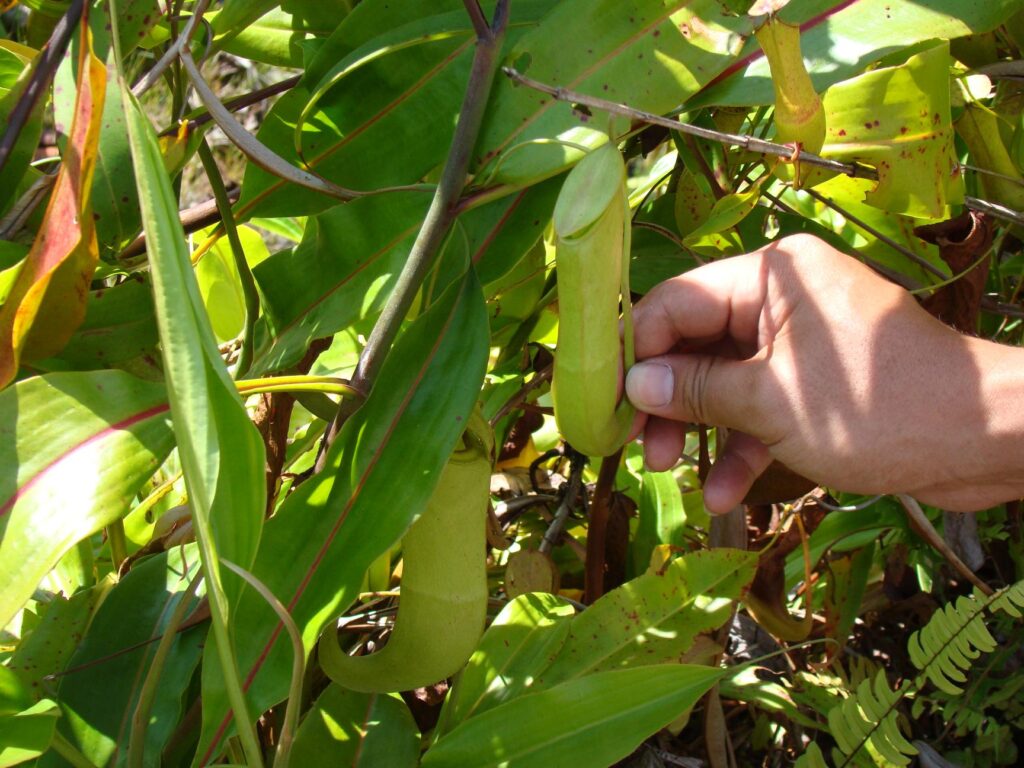
Why do Carnivorous Plants Eat Insects?
Carnivorous plants grow in places where the soil lacks key nutrients, such as bogs, swamps, and rainforests. Since they cannot get enough food from the ground, they adapted to get nutrients from insects and small animals. They still use photosynthesis like other plants, but their diet gives them an extra boost to survive in harsh conditions.
What is the Preferred Media for Carnivorous Plants?
The preferred growing media for carnivorous plants depends on the species, but in general, it should be nutrient-poor, well-draining, and moisture-retentive. These plants have evolved in nutrient-deficient environments and rely on capturing insects for sustenance rather than absorbing nutrients from the soil.
We recommnend using Growth Technology Carnivorous Repotting Mix, formulated to mimic bog conditions making it ideal for plants such as Venus Flytraps, Pitcher Plants and Sundews. It has zero added fertilizers, as carnivorous plants absorb nutrients from their prey (fertilisers can burn the roots and kill the plant). It comes pre-mixed with a perfect blend of peat and sand, to promote healthy growth.
Growth Technology Carnivorous Plant Repotting mix is acidic with a pH of around 4-5.5 just like the natural habitat these plants grow in.
Another advantage of this media is that you don’t have to source and mix the ingredients yourself. It’s pre-mixed, sterile, and consistent every time, which removes the guesswork — great if you’re new to carnivorous plant care.
